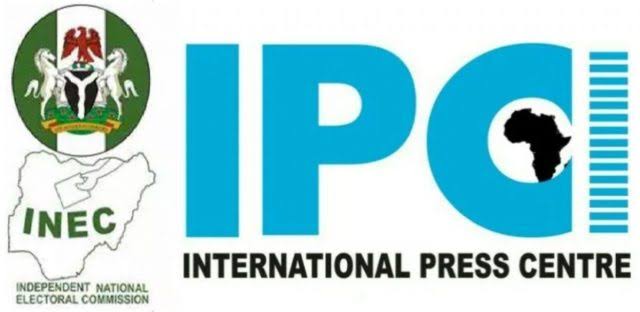Adebayo Adenrele
As the 2023 general elections gather momentum, the Independent National Electoral Commission (INEC) and International Press Council (IPC) have called on Online Journalists to shun fake news and uphold the ethics of the profession.
The duo gave the charge during a virtual session tagged “Engagement with Bloggers/Online Journalists on Conflict-sensitive Reporting of 2023 Elections”, facilitated by International Press Council, IPC in collaboration with EU-Support to Democratic Governance in Nigeria (EU-SDGN II).
Rotimi Oyekanmi, the Chief Press Secretary to INEC Chairman noted that Online Journalists contributed to the rumours making round as regards to the alleged postponement of general elections.
He stated that when the Commission’s offices were attacked recently, Online Journalists were the first to accuse INEC of planning to postpone the elections which further caused confusion and discomfort among Nigerians.
According to him, “Online Journalists should please shun fake news and embrace professionalism.
“When our Offices were attacked recently, they were the ones who first speculated that INEC was planning to postpone the Elections.
“This further caused confusion among the people of the country thinking our Commission has been compromised by political gladiators.
“Let me assure you, we officials of INEC are mere mortals, let’s just hope the 2023 general elections will hold on the designated dates regardless of external forces.”
In his remarks, the Executive Director of IPC, Lanre Arogundade equally thrown his weight behind professionalism, saying adhering to the ethics and dictate of the profession makes them to be more productive.
In his lecture, the Deputy Director Digital Media, Voice of Nigeria, Abuja, Qasim Akinreti, pH.D enjoined Online Journalists to adhere to professionalism, reports facts based on electoral information, verify all allegations made against any political party and report campaigns, elections accurately without bias.
A Professor of Journalism, Ajayi Crowther University, Prof. Muyiwa Popoola, also engaged participants on choice of language, urging them to avoid emotional and imprecise words but be ‘the peace advocate.’

